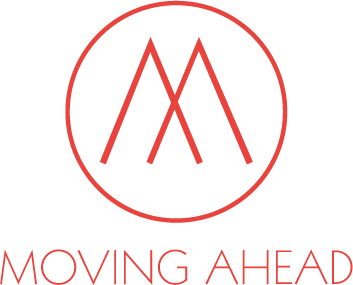“‘Mentoring for social health’
Special insight on fostering meaningful connections”
We all know about silos in the world of work, and the feeling that careers can become stuck in a cul-de-sac created by equally stuck cultures and practices. Mentoring has become a critical way to break the logjam; to inject creative, fluid and fresh ideas that benefit both parties: employee and employer.
Mentoring works because it is a two-way street. There is, in business terms, value to be gained in the act of putting two people together to teach and learn from each other, and to build a relationship with reciprocity and generosity. More than this: mentoring is a gateway – a gateway leading to something that I believe will become the benchmark of productivity, employee engagement, retention, promotion and recruitment in years to come.
That something is social health, and mentoring is at the heart of it.
“Having a mentor to ask, trust, and gain insight from, or being a mentor who guides but also learns, keep social health strong”
Social Health is a set of behaviours that individuals and institutions alike can adopt to manage the age of overload we find ourselves in. In this era, only 150 short years since the world began to be connected by modern transport and telecommunications, and just a quarter of a century since the arrival of the internet, we are seeing problems we can no longer ignore.
Those problems have to do with scale, speed and the tension between humans in a machine age: global productivity is stagnant, the number of working days lost per annum continues to rise, and almost every aspect of corporate life is facing upheaval due to technology, travel and the digitally native generations. Although our modern world benefits in countless ways from modern connectedness, technology and AI – and we cannot (and should not) try to put the tech genie back in the bottle – we need an antidote to its excesses and deficits.
Think of social health like general health, fitness and wellbeing, a market 70 years young since the post-war formation of the World Health Organisation in 1946. Today we have a highly developed literacy about our physical and mental wellness, central to the WHO’s definition that health is ‘a state of complete physical, mental and social wellbeing, not merely the absence of injury and disease’. In other words, we belong to a $3.7 trillion global market in wellness, from gyms to trainers, to vitamins and mindfulness apps.
But what about the other bit in the definition of health, namely ‘social wellbeing’? Back in 1946 people were not hyper-connected every second of the day; there was no need to develop a language and set of practices to combat the threats. There is now. Social health is, I believe, a way to manage our flows of knowledge and networks, and know when to disconnect from technology and rely on face-to-face connections. At its core is forming a ‘knot’ in which Knowledge, Networks and Time are all managed.
Social health is knowing who you know, knowing who knows what, and knowing how to get to the right information and people as quickly as possible. Having a mentor to ask, trust, and gain insight from, or being a mentor who guides but also learns, keep social health strong. This ‘knot’ of Knowledge, Networks and Time forms a trinity of priorities for social health, just like as diet, exercise and sleep do for our physical and mental health. We’re at the beginning of an exciting and important new era. Let’s develop the social health gym kit to realise our potential, together.

